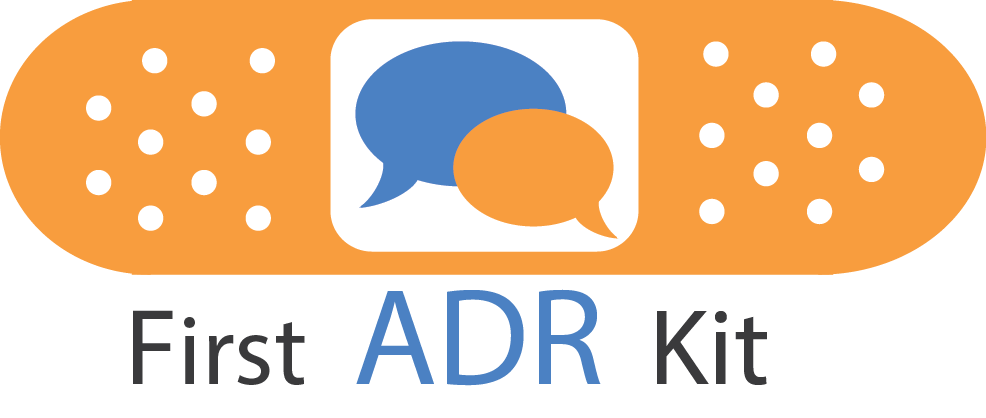When talking about mediation or ADR the first things to come to mind refer mostly to business sector, trade market and legal consultancy. That is not surprising. ADR for years has been present mostly in entrepreneurial sector with lawyers, managers and at times psychologies acting as mediators and facilitators of dialogue. However, it is more and more evident that this approach is not sufficient. In order to support amicable and peaceful dispute resolution we need to start at the most fundamental level – youth education.
Youth

We are the first long-term international initiative that aims to bring mediation skills into youth education.
We are aware that young people entering the labour market lack knowledge and competences related to: conflict management, dispute resolution and maintaining long-lasting commercial and professional relations. The system of education in most of the European countries does not allow for sufficient focus on topics such as: communication, conciliation, identification of disputable issues, conflict management, negotiation, mediation (to learn more: see our research on Mediation Education in youth sector here. This results in generally hostile approach of young people towards any dispute that they stumble upon in their professional life. Although the reasons for that issue cannot be limited only to the lack of professional education, the insufficient preparation of young professionals towards conducting complex and challenging business transactions in terms of efficient communication and dispute resolution constitutes a significant factor.
Existing reports suggest that early education on conflict management has visible influence on young people’s relationships, enables to limit aggression in mutual relations and has general positive impact on discipline and behaviour[1].
In that context, skills related to Alternative Dispute Resolution come at hand. The efficiency of ADR has its roots in the conciliatory approach of the engaged parties, their bigger openness towards mutual dialogue and moving the dispute from the level of positions onto the level of interests and goals. This shift of attitude cannot be obtained solely by calculation of costs but requires also a mental shift towards an approach of actually resolving the conflict instead of winning a battle with an opponent. And this, consecutively, requires relevant preparation in terms of actually seeing the other side’s rationale and being ready to accept some form of compromise in order to maintain further relations with the counterparty.
The strategic partnership aims to improve the general knowledge and competence of young leaders and professionals who have the sufficient potential to influence their colleagues and co-workers in the fields of ADR, conflict management and intercultural communication. We are planning to obtain that goal with the set of methods that allow practical learning and testing of newly gained skills and developed methods. As a result, we expect that young beneficiaries of the project will adopt much more conciliatory and open approach towards interests of other parties in their everyday relations, will focus more on interests instead of positions and will contribute to the general improvement of business and public relations in their working environments, partner countries and the European Union.
[1] Conflict resolution, peer mediation and young people’s relationships, EPPI-Centre, University of London, 2006



